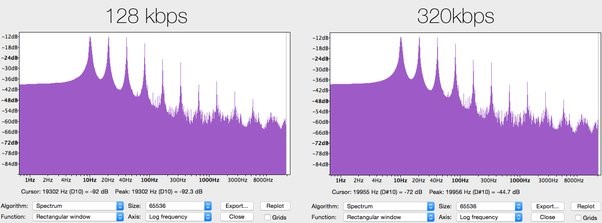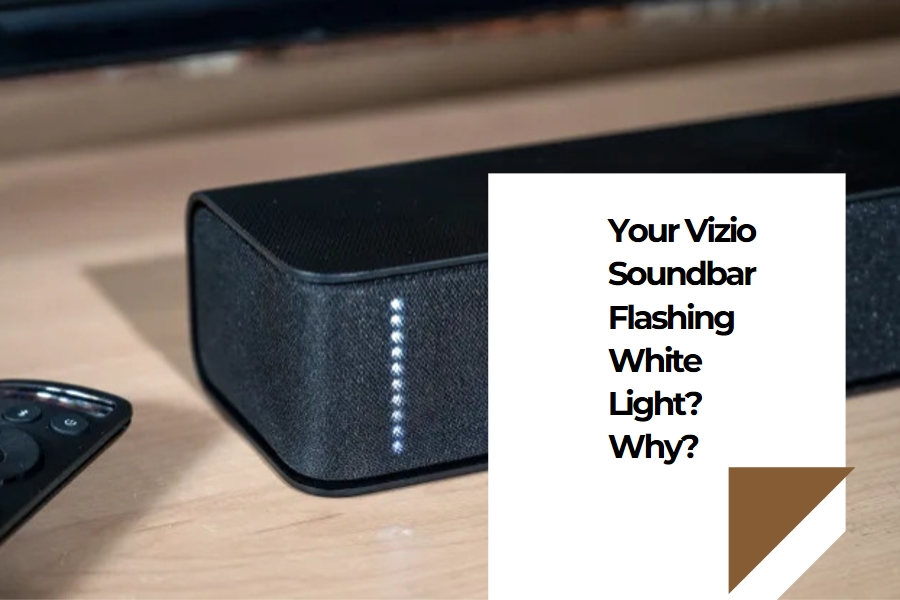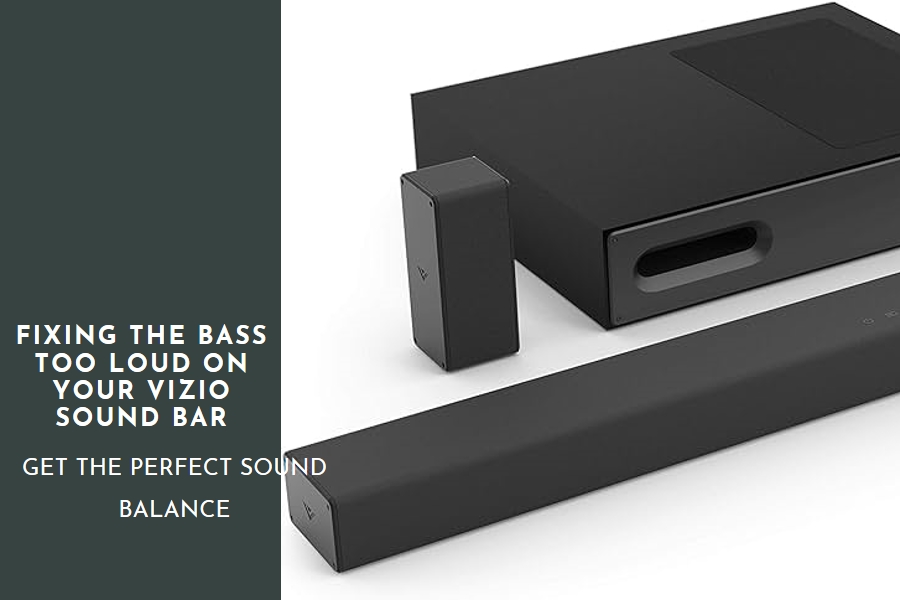Some audio formats that store audio data are WAV, Vorbis, and MP3. You can often see terms such as ‘320 kbps’ or ‘192 kbps’ associated with various audio file formats, such as MP3. These indicate the ‘bit rate’ of the audio file. If you’re curious about the distinction between a 128 kbps and 320 kbps file, see the quick answer:
“A 320 kbps file maintains a low bitrate and provides good quality sound, while a 128 kbps file size has an even lower bit rate and even worse sound.”
See more detailed information below:
What Is Bitrate And Kbps?

The term “bitrate” describes how much data is processed in a digital file per unit of time. Typically expressed in kilobits per second (kbps) or megabits per second (Mbps), it is a number that describes the caliber of audio or video data. The bitrate and musical quality are closely related. A more outstanding bitrate in audio files typically denotes better sound quality. This is so that more information can be used to represent the audio, which captures more nuances and finer aspects of the sound. But if you have a small amount of storage space, a higher bitrate indicates that the file will be bigger.
Kilobytes per second or kbps is a unit of measurement used to describe the quality of compressed music such as MP3 and AAC. If you see 250 kbps recorded, 250000 bits are exchanged per second. This indicator also affects the sound quality of the file.
What Is 128 Kbps?
128 kilobits per second is referred to as 128 kbps. 1000 bits make to a kilobit. So, 128,000 bits per second is the same as 128 kbps.
128 kbps is a relatively slow speed for data transport. It concerns the dial-up modem’s speed. A 1MB file would take around one minute to download at 128 kbps. Occasionally, audio and video streaming are done at 128 kbps. However, the audio and/or video quality will be subpar at this pace.
Pros
- Save on data usage: Reduce data usage: Streaming at 128 kbps uses much less data than higher bitrates if you have a limited data plan.
- Faster downloads: Download times are accelerated thanks to smaller file sizes. This is useful if you need to download a lot of files quickly.
- More files in limited memory: 128kbps bit rate allows you to store more songs and audio files on devices with limited memory.
- Good for speech material: For speech, such as audiobooks, podcasts, and other spoken word media, 128kbps is usually more than enough to convey intelligible speech.
Cons
- Sound quality: As high frequencies like melodies lose their effect, music enthusiasts will quickly notice the difference
- Compression of lost parts cannot be changed, reversed, or restored.
What Is 320 Kbps?

320 kilobits per second is referred to as 320 kbps. 1000 bits make up a kilobit. So, 320,000 bits per second are equivalent to 320 kbps.
The typical bitrate for lossless audio compression is 320 kbps. This indicates that the audio quality is as near as feasible to the original recording. When you download music, High-quality audio files and streaming services frequently utilize 320 kbps.
Pros
- The maximum bit rate for lossless audio compression is 320 kbps, providing lossless audio quality. This shows that the sound quality is close to the original recording.
- Ready for professional audio production: For professional audio production, such as when mixing or mastering songs, 320 kbps files are suitable.
- Each bit of the balance is distributed
Cons
- Expensive: 320 kbps files are typically more expensive than files with lower bitrates.
- Downloading a 320kbps file uses more storage space than a 128kbps file.
320kbps Vs 128kbps: Key Difference
The following table evaluates the basic difference between 320kbps vs 128kbps:
| Feature | 320kbps | 128kbps |
| Sound Quality | High-quality audio with more detail and clarity. | Lower audio quality, missing some details and clarity. |
| File Size | Larger file size, takes up more storage space. | Smaller file size, takes up less storage space. |
| Type | MP3 | MP3 |
| Download Time | Longer download times due to larger file size. | Quicker download times due to smaller file size. |
| CPU Usage | Higher CPU usage for decoding may drain the battery faster. | Lower CPU usage, more battery-efficient. |
| Use Cases | Professional audio work, high-end audio systems, audiophiles. | Casual listening, spoken word content, older or less capable hardware. |
Which Is Better: 320kbps Vs 128kbps
Due to its ability to compress digital audio files without compromising their quality or integrity, MP3 is one of the most widely used online audio formats.
128 kbps and 320 kbps are two of the many audio quality options available in MP3. With both lower and higher bitrates, you can create these compressed files.
Low-quality audio is produced when the bit rate is low, while high-quality audio is usually produced when the bit rate is higher.
This audio encoding format is low quality at 128 kbps setting. The number of samples transmitted per second at 128 kbps is lower than at 320 kbps due to lower information density. 320 kbps is the superior choice when comparing the quality of the two installations.
Music is also better when saving files in 320 kbps and 128 kbps formats.
Read more: Bookshelf Speakers Vs Soundbar
Conclusion
Whether you’re an audiophile or a casual listener, understanding the difference between 320kbps and 128kbps can significantly impact your listening experience. After reading the above article, you know the difference between 320kbps vs 128kbps.








